Maersk, the global logistics company, and Rockstart, the startup accelerator, have released the names of the 10 startups joining the first cohort of FoodTrack by Maersk.
The month-long startup program is focused on combatting food loss across the food chain and will provide startups with exclusive access to Maersk leaders across departments as well as the company’s network of suppliers and partners to help validate their technologies. Participating startups will also be in the running for an equity investment from Maersk’s venture arm, Maersk Growth.
From a total 310 applications, of which they evaluated 188, startups from 10 different countries operating across the food chain were selected to join the program next month. They include cold storage for smallholder farmers, image recognition tech for crop disease detection, software recording the freshness and quality of food, and food chain data analytics.
“We are thrilled to bring together top founders from all over the world; the cohort reflects that tackling food loss is a global challenge that must be addressed at multiple stages in the food system,” said Mark Durno, agrifood program director at Rockstart.
Maersk and Rockstart were impressed with the progress many of the selected startups have already made including technology development and pilots, as well as the deep industry experience of some of the teams.
The FoodTrack programme ends on July 6 with a demo-day, where the startups pitch for an opportunity to receive funding from Maersk Growth, and further collaborate with Maersk in the future.
To find out more about the program and why Maersk is investing in agrifood startups, click here.
FoodTrack by Maersk’s first cohort is:
AgKonect (Australia) provides a mobile map-based workflow system for integrated pest management (IPM) to help improve production with safer technology, for export market certification of fruit to reduce costs and improve transparency, and for value chain management to reduce food deterioration and business inefficiency.
Cold Hubs (Nigeria) provides solar powered small sized cold storage for small-holder farmers & market stands in developing regions, starting with Nigeria.
KrishiHub (India) has developed a two-sided platform for bridging the gap between farmers and buyers in India and enhancing farm productivity.
ListenField (Japan) is an IoT powered farm management system that provides predictive insights by combining a variety of agro-environmental data.
Mothive (UK) is a decision-support platform that combines field sensors and a SaaS-solution as a mean to increase yield, quality of produce, and reduce crop loss in the field.
Provision Analytics (Canada) has created a platform for data analytics and reporting to scour disparate data sets on the food supply chain, and compare the outputs for anomalies, missing information, trends, and inconsistencies.
Saillog (Israel) has developed image recognition software for identifying various crop diseases and pests. It enables faster and more accurate pest management interventions.
Selina Wamucii (Kenya) has developed a mobile phone-driven platform for sourcing fresh produce from African smallholder farmers.
Tsenso (Germany) is a cloud-based software-as-a-service product that can determine the precise freshness and quality of food in real-time based on temperature inputs throughout the value chain.
Wenda (Italy) has developed a plug & play, low-priced IoT device to trace temperature, humidity, shock, box-breaching, overturning during shipment and storage phases; it directly processes data from the device, elaborates analysis, aggregates trends and delivers information for decision making.

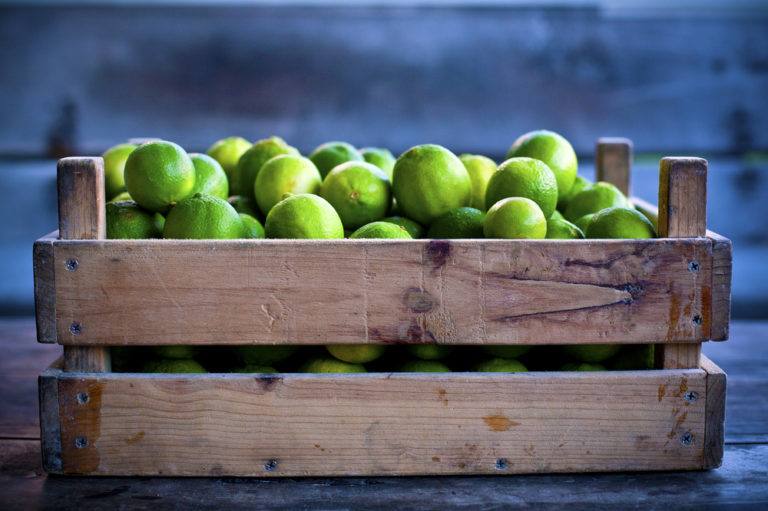

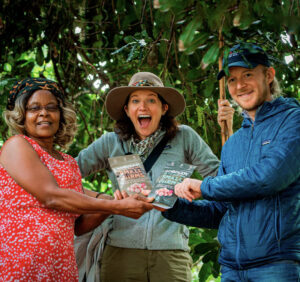
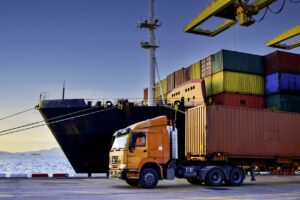
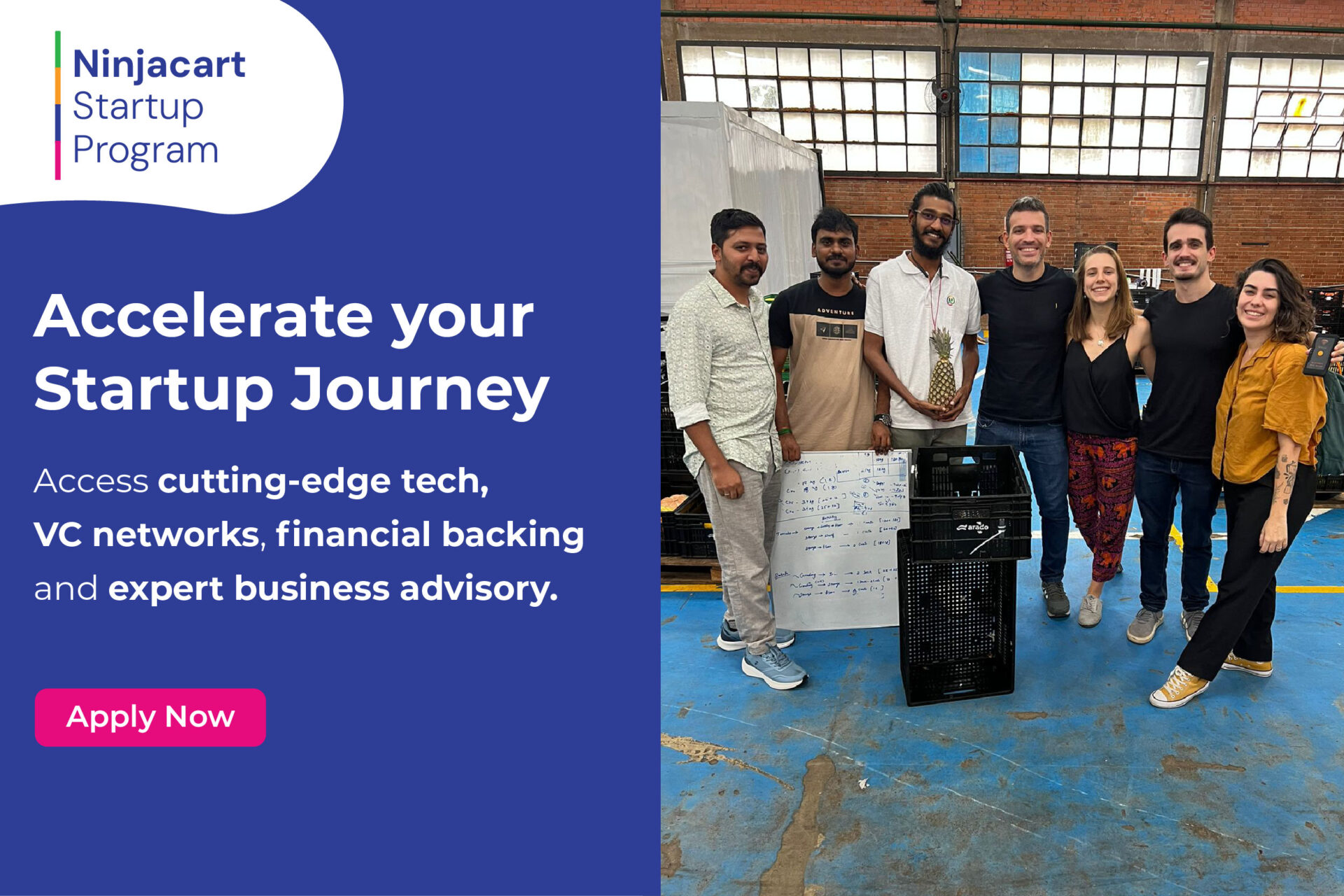
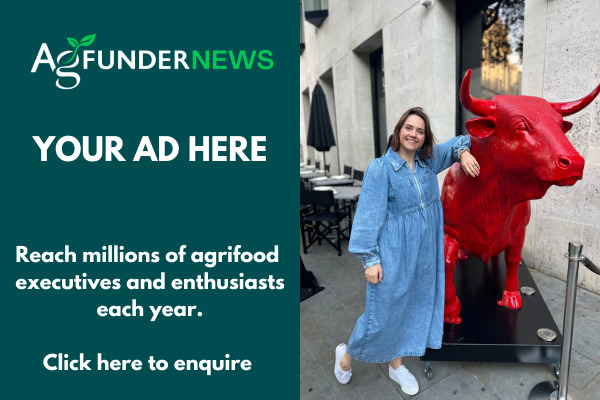
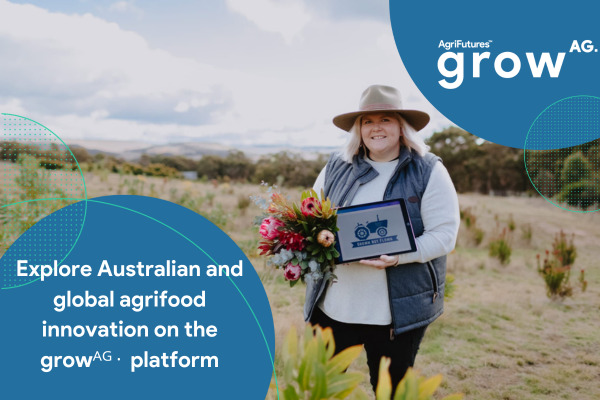
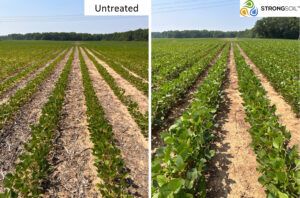
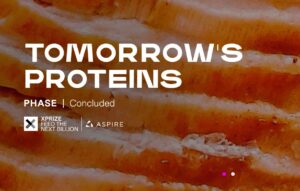


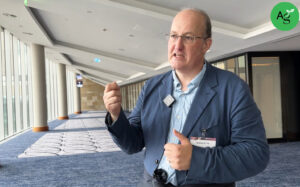
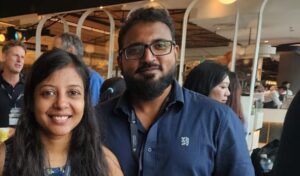
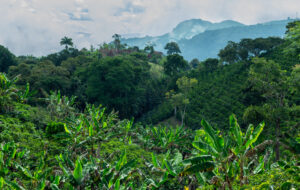

Guest article: The real impact of tariffs on US produce prices